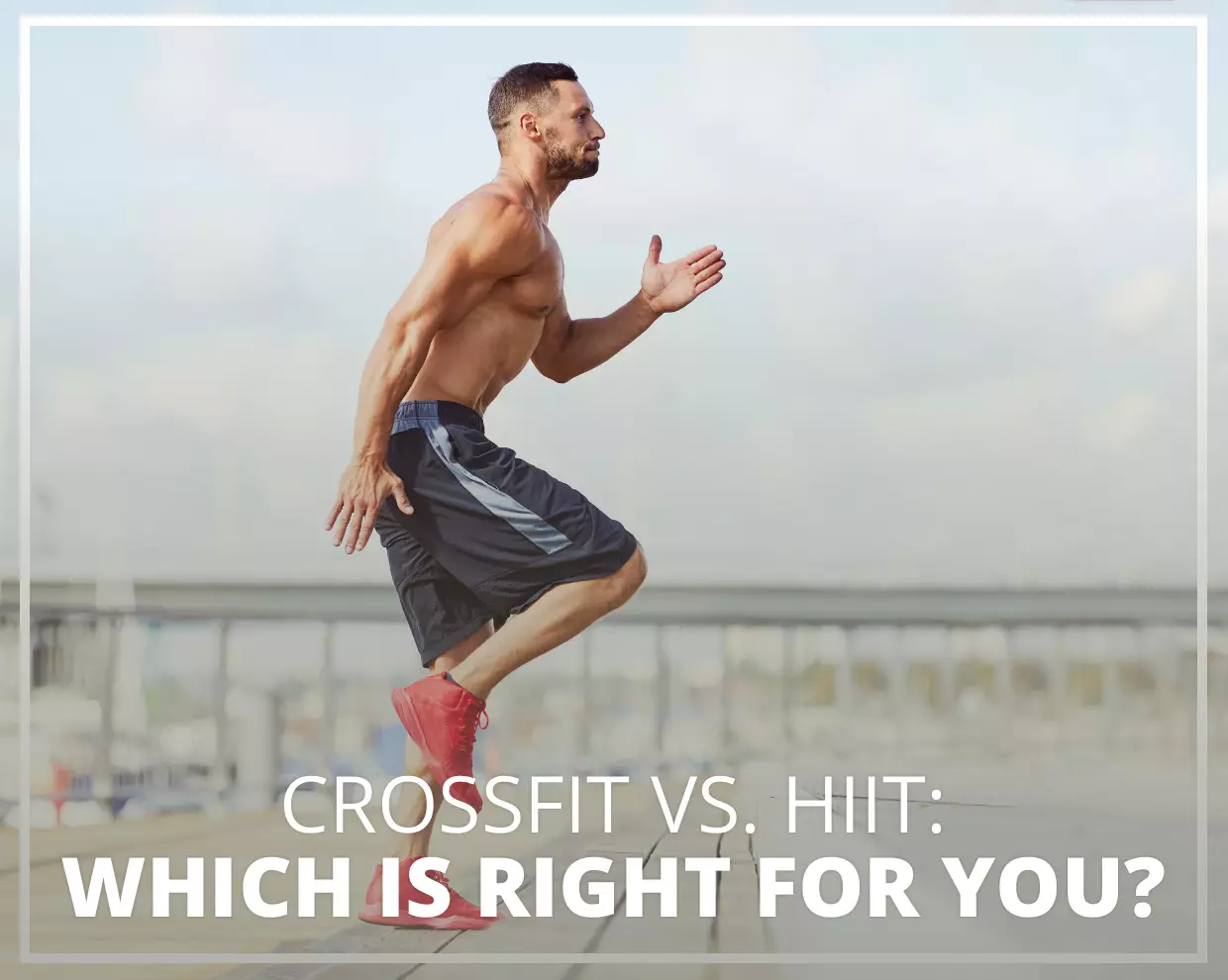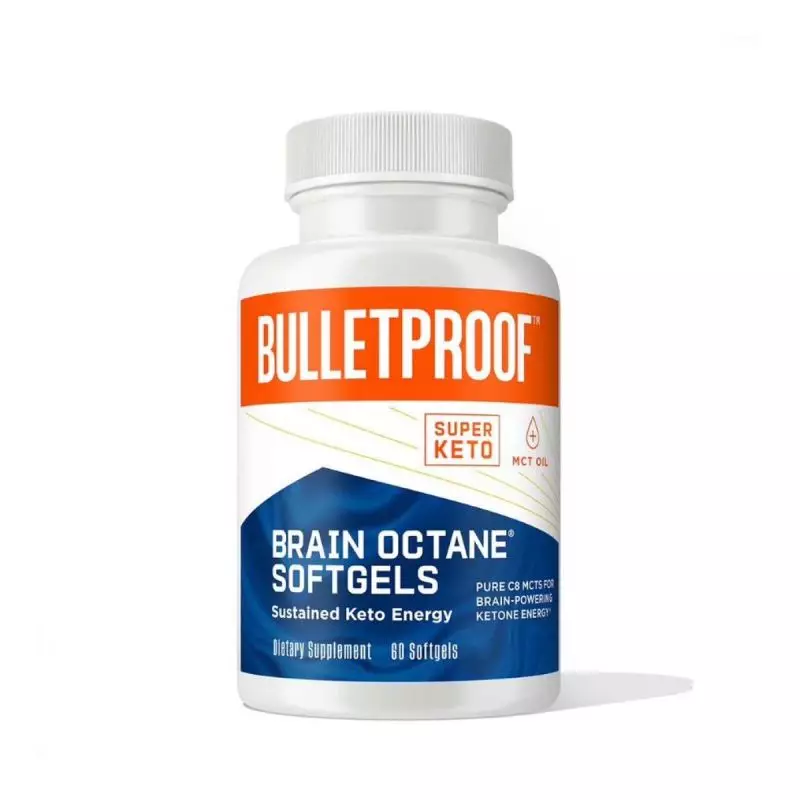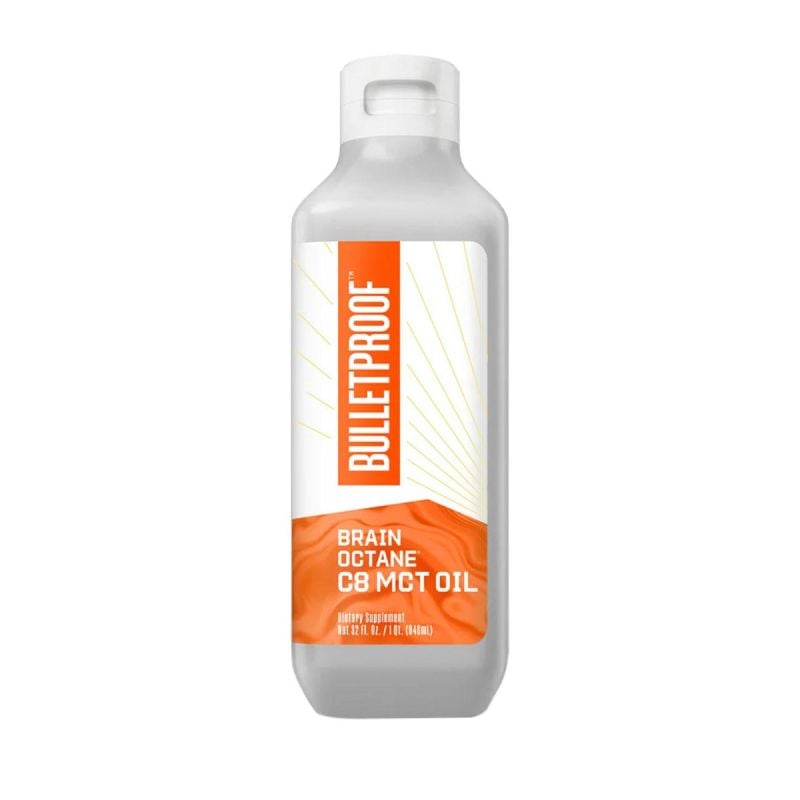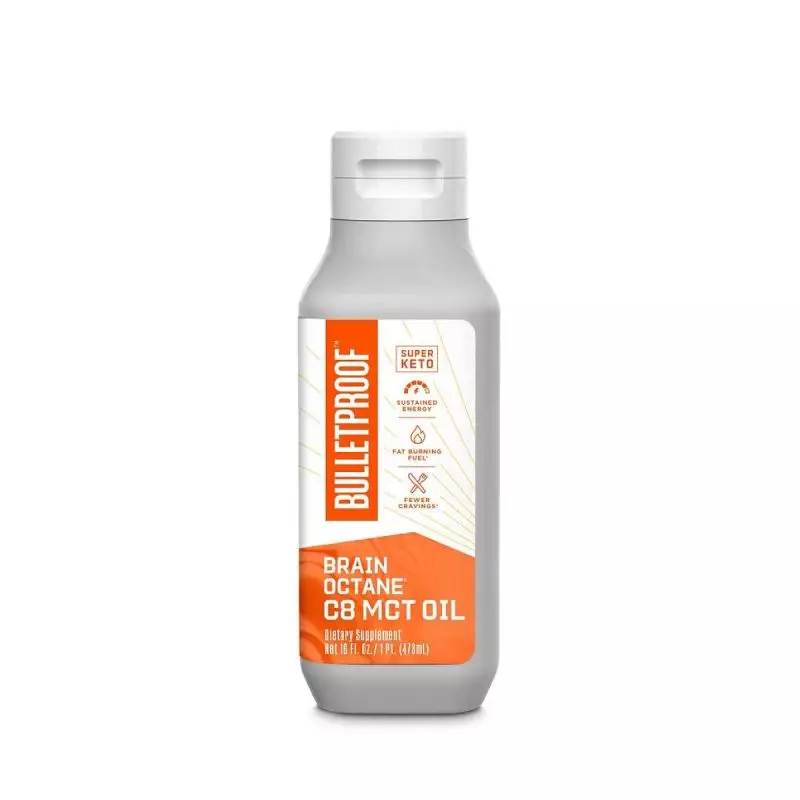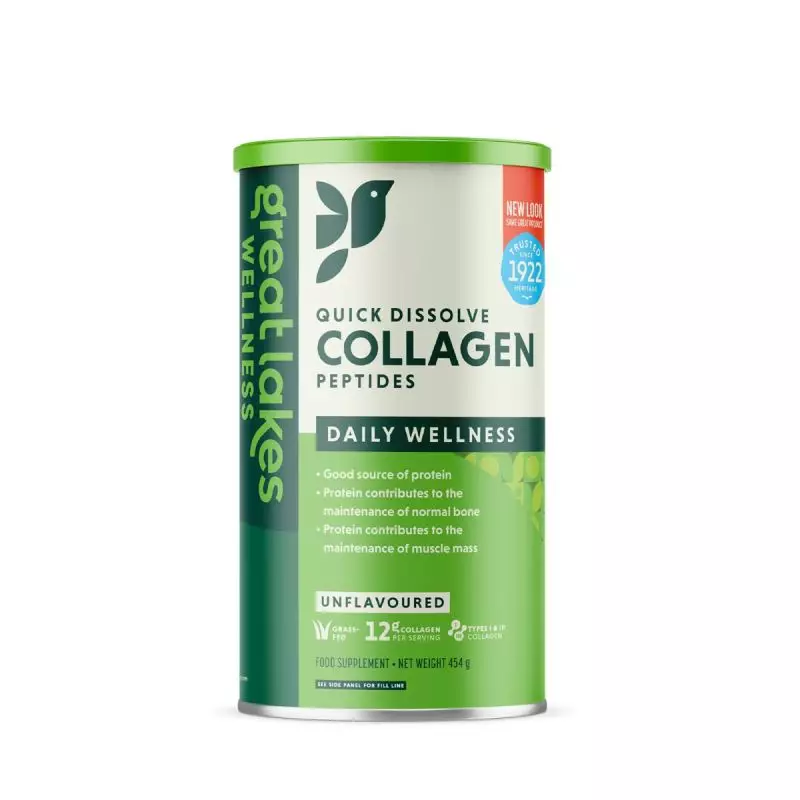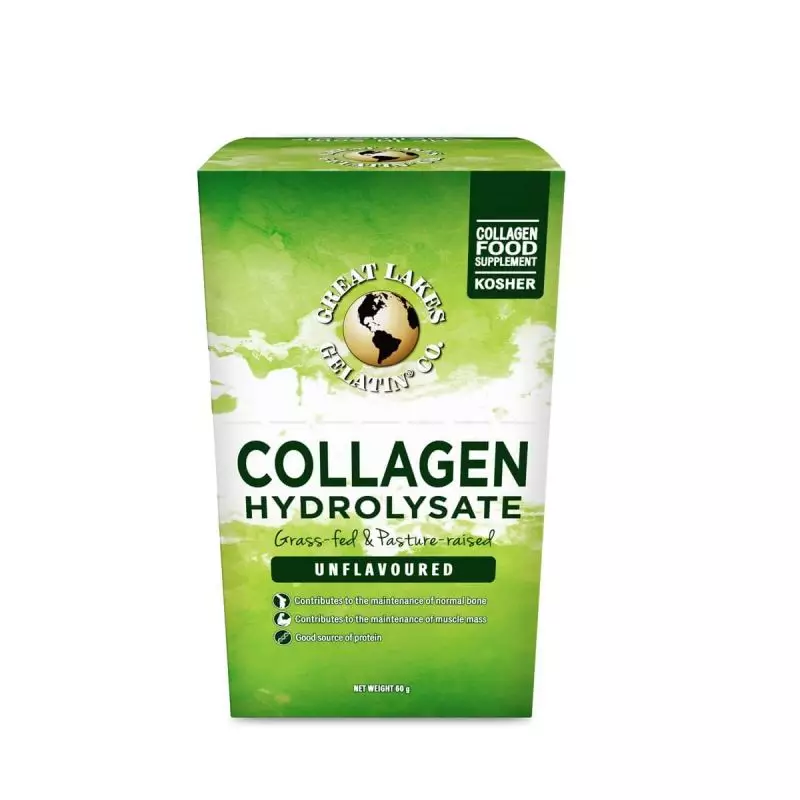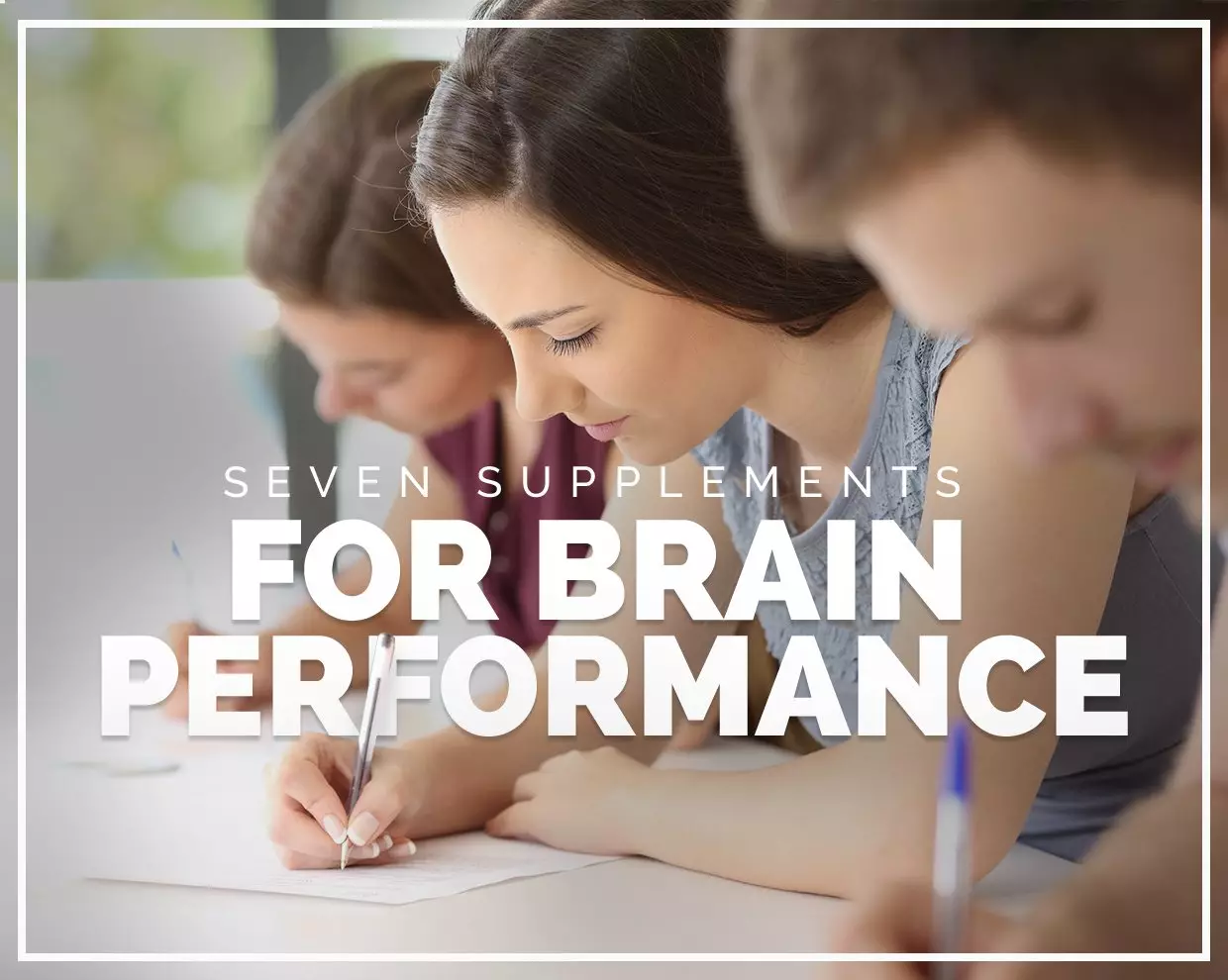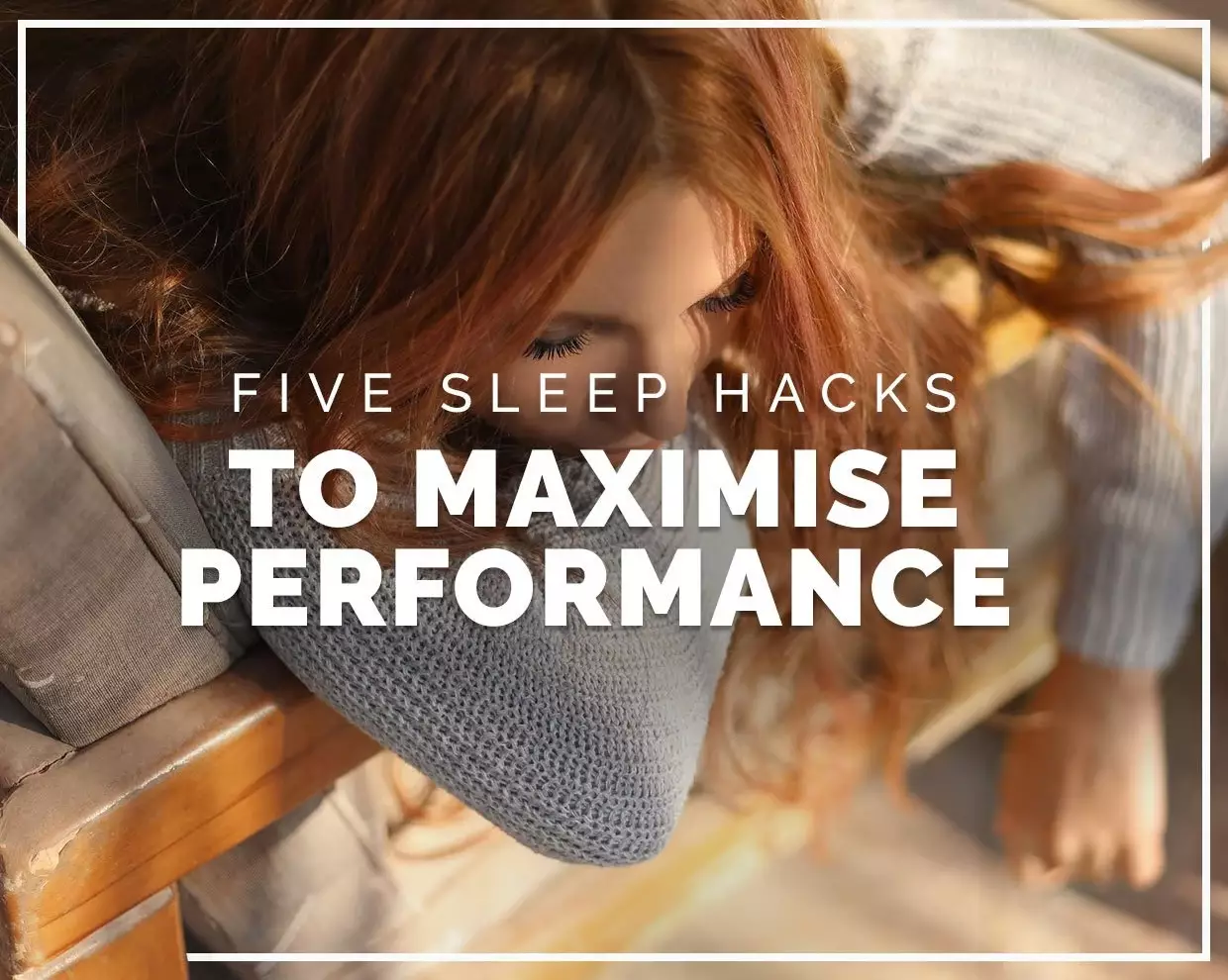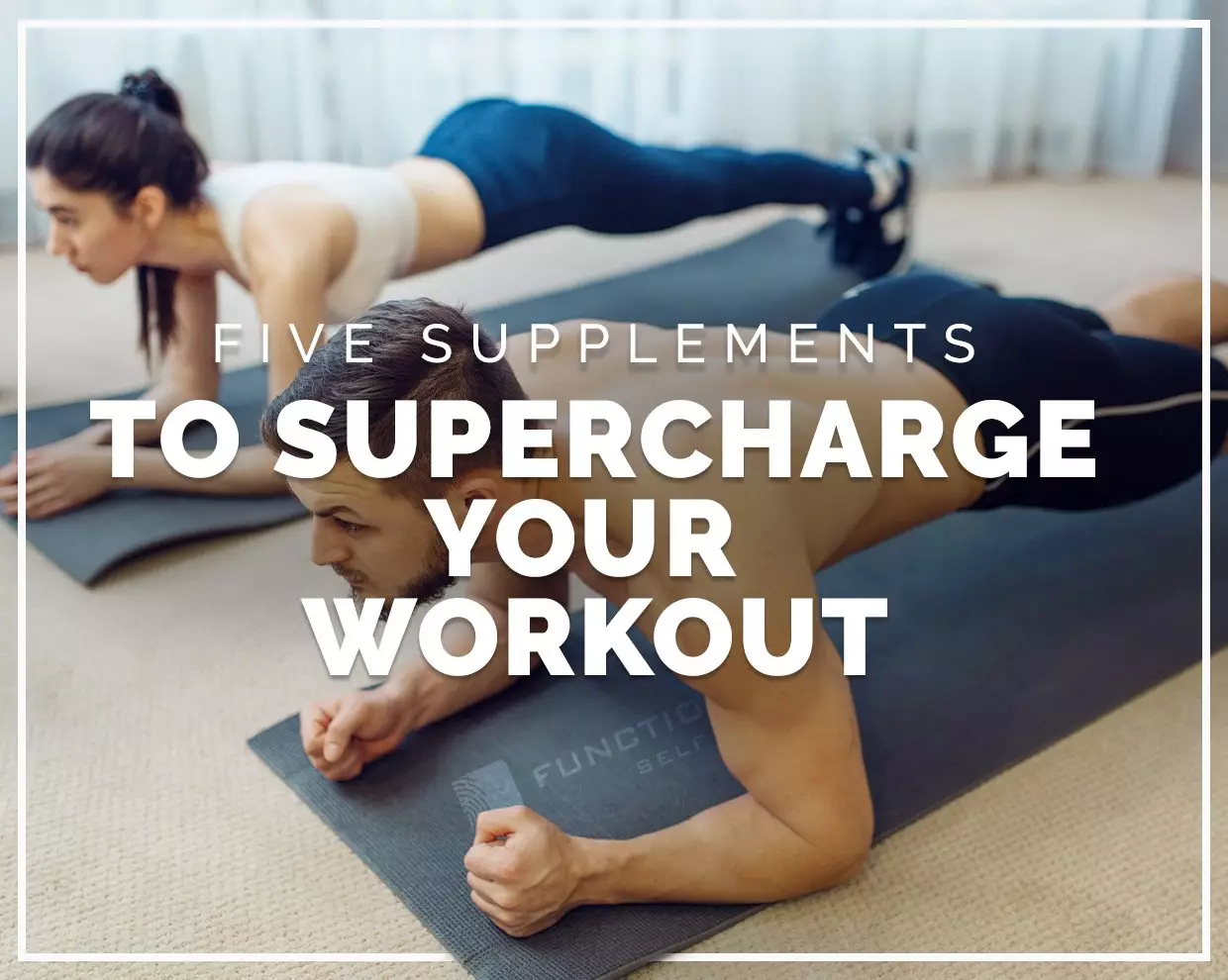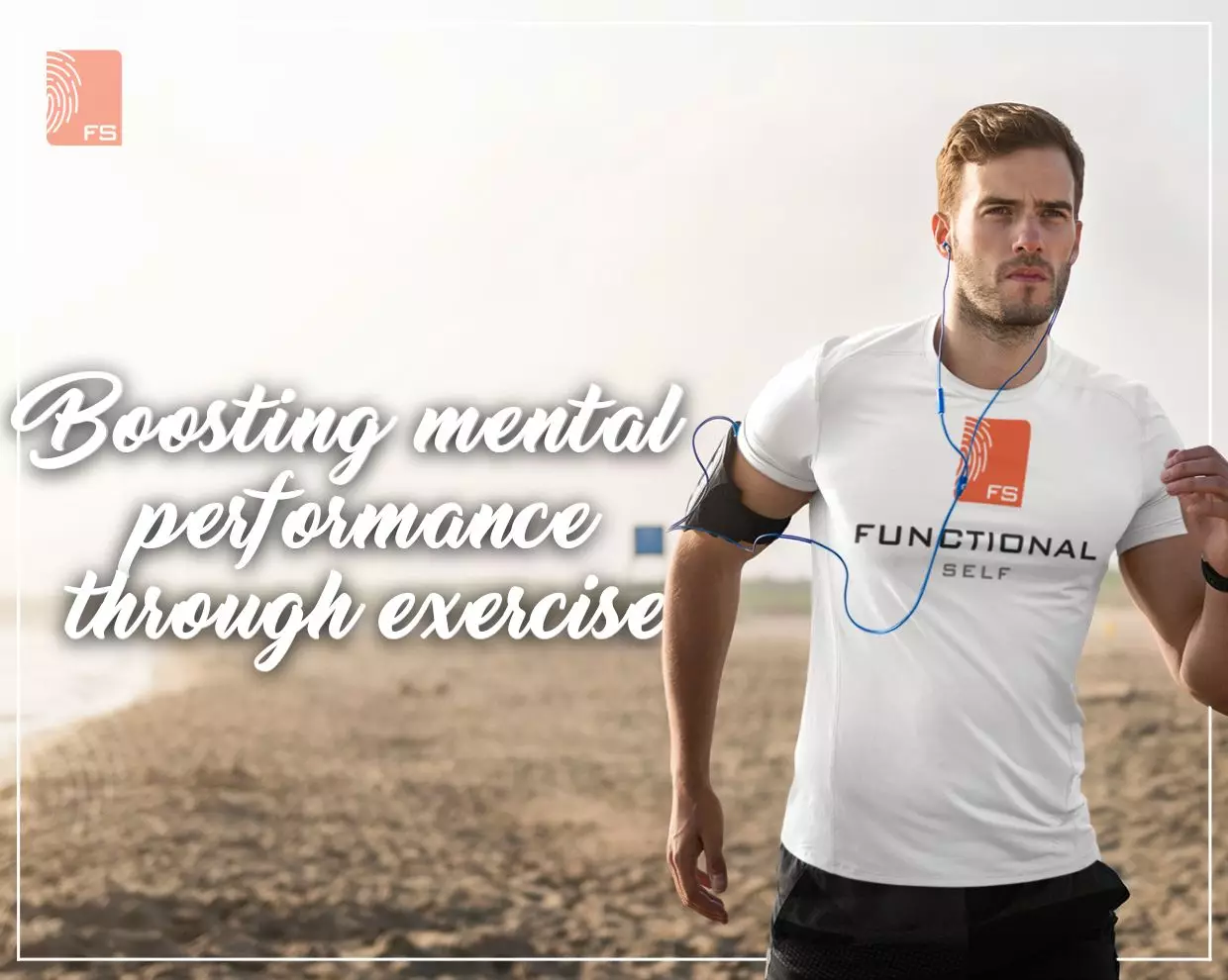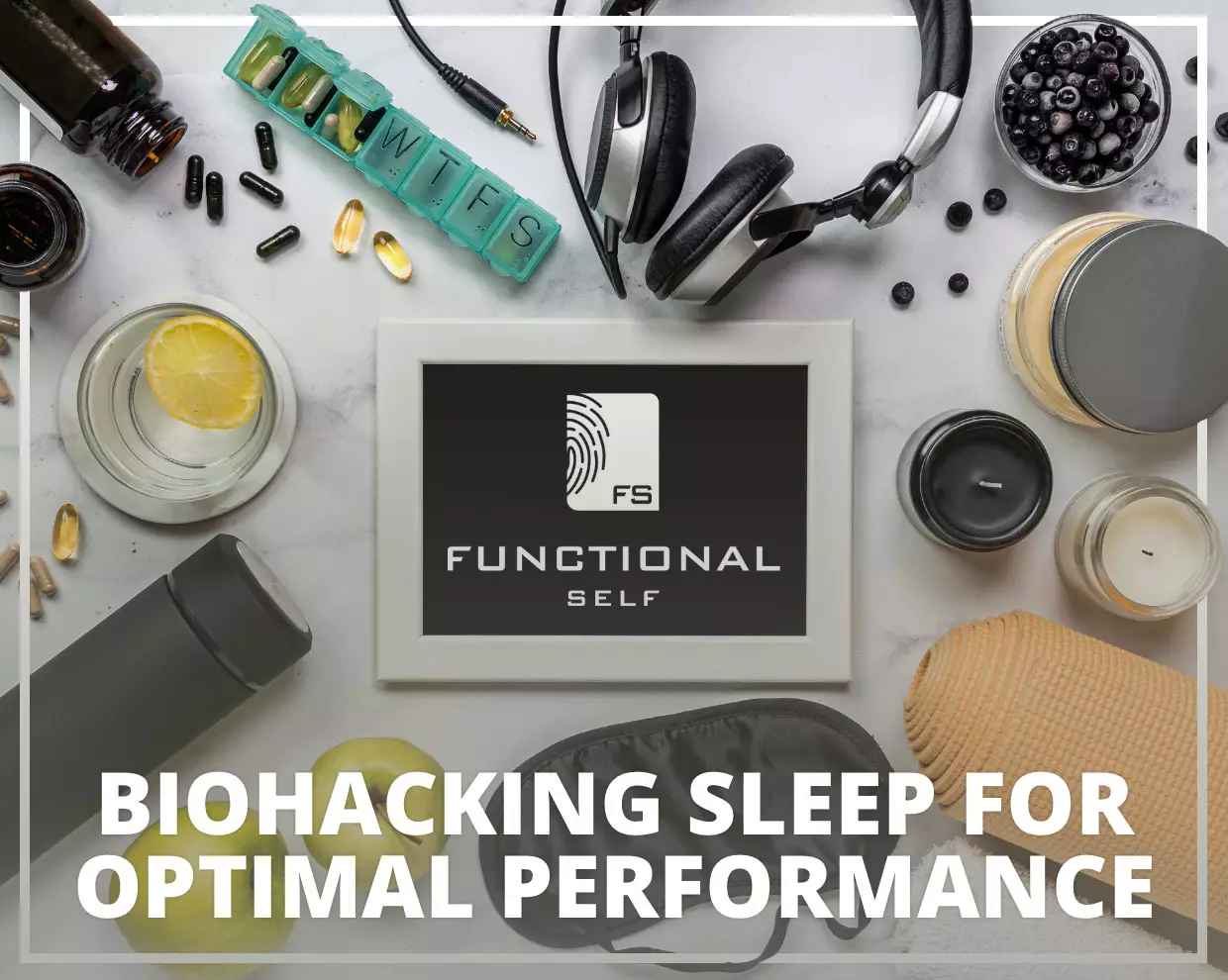In the pursuit of peak fitness, two exercise regimes have garnered significant attention for their intensity and transformative potential: CrossFit and High-Intensity Interval Training (HIIT). Both have carved out reputations as effective workout methodologies. However, for those seeking to update their exercise routine, the question remains: which one aligns better with your fitness aspirations and lifestyle? This article will explore CrossFit and HIIT, their respective benefits, how they differ, and how incorporating certain products into your regimen may support your performance and recovery.
Understanding CrossFit
CrossFit, a branded fitness regimen, was created by Greg Glassman and is a trademark of CrossFit, Inc., established by Glassman and Lauren Jenai in 2000. The CrossFit philosophy centres on varied functional movements performed at high intensity, drawing from gymnastics, weightlifting, running, and rowing. The core of CrossFit is the 'Workout of the Day' (WOD), which prescribes a different set of exercises each day to challenge various muscle groups and skills. [1]
Understanding HIIT
HIIT involves alternating between intense exercise bursts and low-intensity recovery periods. The duration of a HIIT session can range from 10 to 30 minutes and HIIT is known for its flexibility and adaptability to individual needs. Despite the brevity of the workouts, HIIT is suggested to offer health benefits similar to those of longer periods of moderate-intensity exercise. [2]
CrossFit vs. HIIT: The Showdown
CrossFit and HIIT both incorporate high-intensity workouts but differ in structure and community aspects. CrossFit is designed to build a community around daily challenges and aims to improve overall fitness, including strength, agility, and endurance. HIIT offers a more personal and time-efficient workout regimen, with the flexibility to be performed anywhere.
Which is Right for You?
The choice between CrossFit and HIIT should be informed by your fitness goals, social preferences, and time availability. CrossFit may appeal to those who enjoy community-driven challenges and a structured program. In contrast, HIIT may be preferable for individuals seeking a quick and adaptable workout that can fit into a hectic schedule.
Integrating Wellness Products
Incorporating wellness products such as Great Lakes Wellness Collagen Hydrolysate and Bulletproof Brain Octane Oil into your fitness routine may be beneficial. Let's explore how these products could potentially complement your workouts.
Great Lakes Wellness Collagen Peptides
Collagen is essential for the body, contributing to the health of muscles, bones, and skin. Great Lakes Wellness Collagen Peptides is designed for easy absorption, which may help support joint health and post-exercise recovery. It's suggested that adding collagen to your diet could assist in fulfilling increased protein requirements following exercise. [3]
Bulletproof Brain Octane Oil
Medium-chain triglycerides (MCTs) are a type of fat that may aid in energy production and cognitive function. [4] Bulletproof Brain Octane Oil, which contains pure MCTs, is thought to provide a rapid energy source and may contribute to ketone production, which the brain can use for energy. This could be particularly useful for those engaged in intense workouts like CrossFit or HIIT, potentially serving as an immediate energy source or aiding in recovery post-exercise.
Nutrition and Exercise: A Balanced Approach
Nutrition is a vital component of a fitness regimen, with a balanced diet supporting active lifestyles. Proper nutrition is as crucial as the workout itself, especially when participating in demanding exercise programs like CrossFit or HIIT.
The Role of Hydration
Staying hydrated is imperative for maintaining body function during exercise. It is advisable to consume water before, during, and after workouts to aid hydration and help prevent injury and fatigue.
Conclusion
CrossFit and HIIT each offer unique advantages and can be effective for improving fitness. Your selection should be based on personal preference, objectives, and lifestyle considerations. It's important to remember that consistent effort, balanced nutrition, and rest are key components of a successful health and fitness strategy.
*Before considering supplements like collagen or MCT oil, consulting with a healthcare professional is recommended, particularly for those with pre-existing health conditions or for pregnant or breastfeeding women.
References
1 What's the Difference Between Cross Training and CrossFit?
2 High-Intensity Intermittent Exercise and Fat Loss
3 24-Week study on the use of collagen hydrolysate as a dietary supplement in athletes with activity-related joint pain
4 Medium Chain Triglycerides (Mcts) - Uses, Side Effects, and More

 UK Store
UK Store  NZ Store
NZ Store AU Store
AU Store EU Store
EU Store

